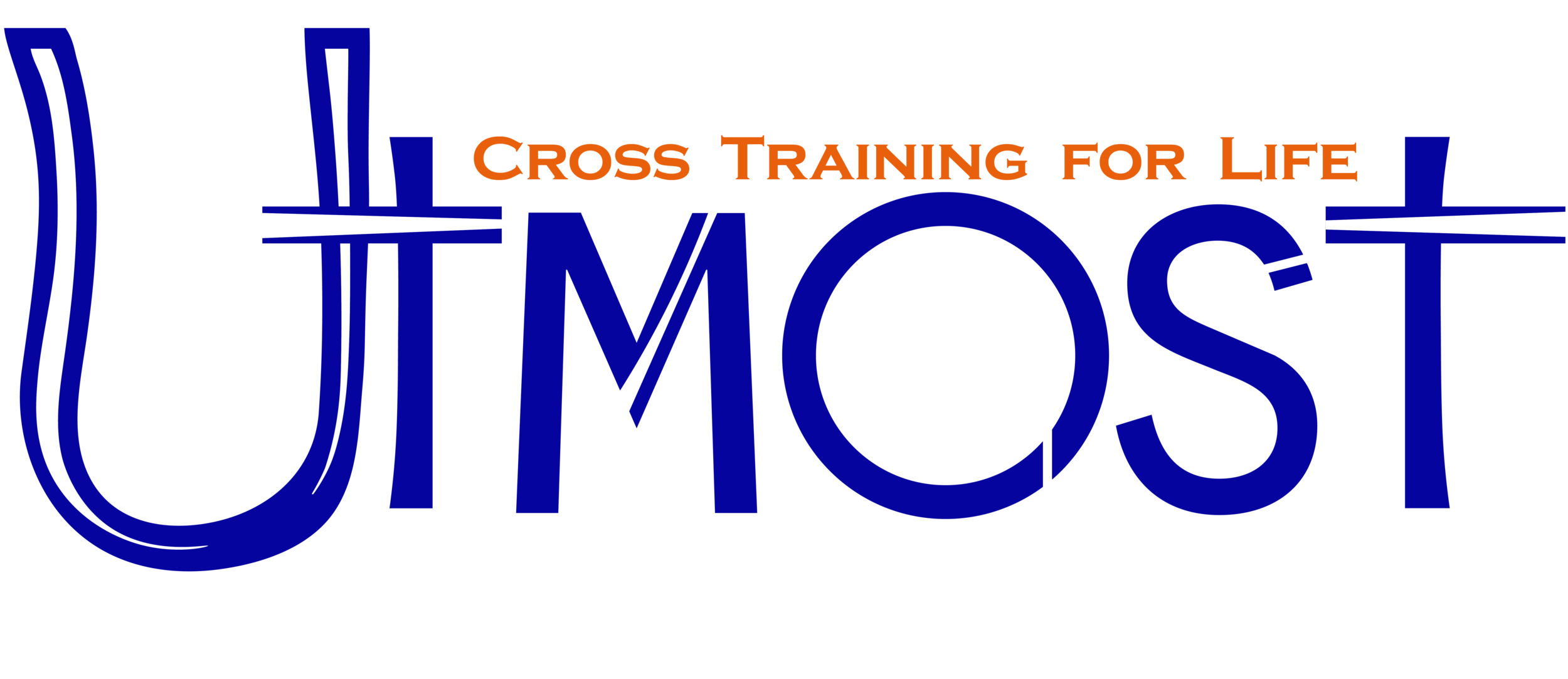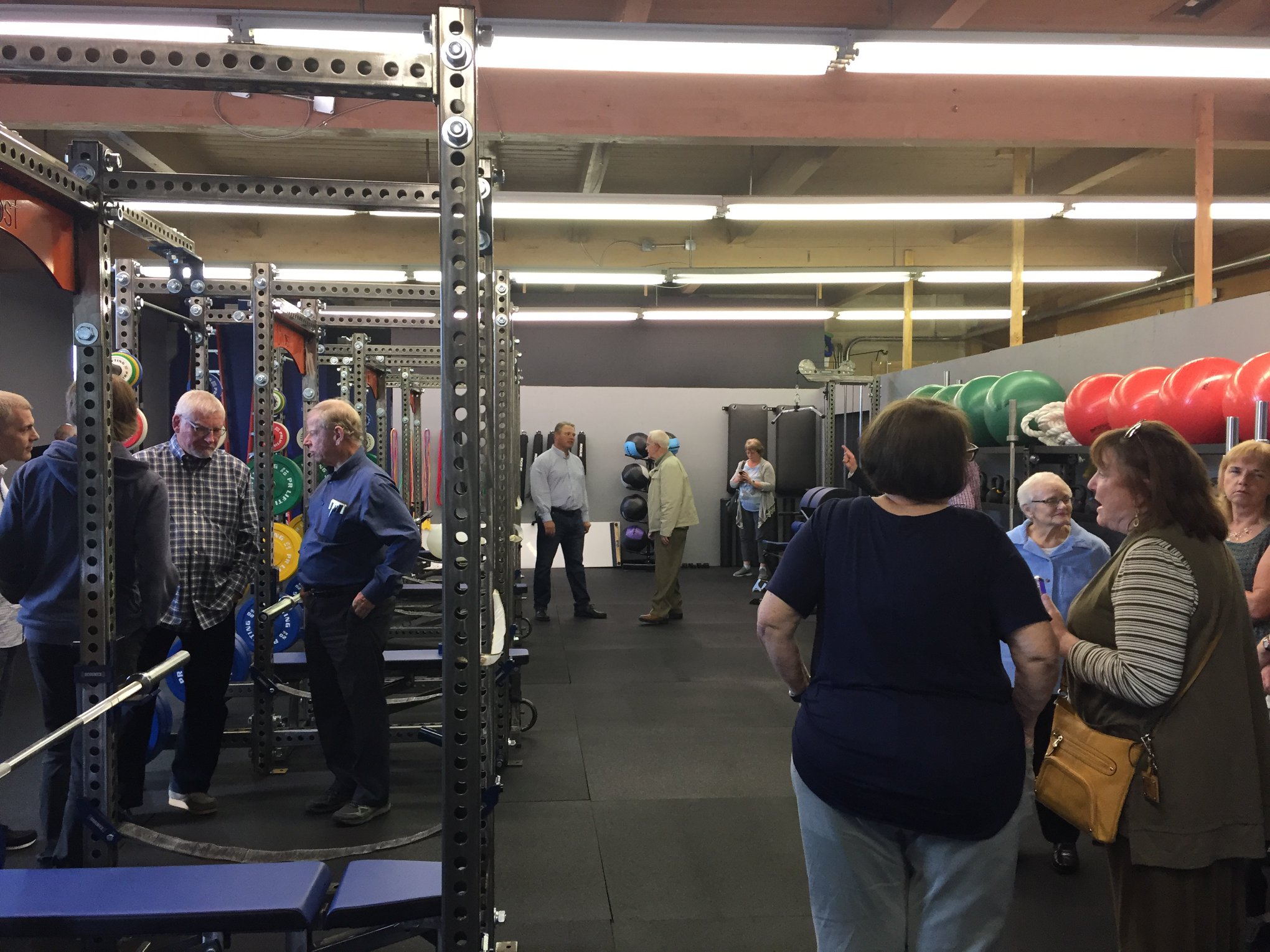As a part of my sabbatical this summer, I headed with my family to explore some of the places where I spent summers and where I was born. As I was running one morning in Arlington, Virginia I found myself running on the familiar "Glebe Road". I had heard the term again in the colonial episcopal church in Williamsburg, Virginia. During the tour they continually to "glebe lands". I knew that the term “glebe” was an ecclesiastical one, but I didn’t really know what it meant. As it turns out, not only is it interesting, but it is also pretty relevant to Christian social enterprise.
The glebe is a medieval term that refers to a system of ministerial support for clergy that existed primarily in England, Scotland, and in the colonies in America. The glebe was essentially a patch of land (or strips of land) that was granted to the localized church by the local royal authority or by the colonial governor and was designed to serve as support for the minister. Generally the glebe functioned as agricultural land, but it was also sometimes land that was developed with mills or manufacturing works.
The system was one that gradually and partially replaced the tithe system. In England, in which property ownership is a bit of a guarded secret, it is hard to know how much land is actually owned by the church. Since about 1976 all glebe land was transferred from the local parishes to more regional bodies so that churches that had no glebe lands could equally benefit from the rents acquired by those clergy whose churches did have glebe lands. Even today in the Church of Scotland there are still functioning, though underused glebes. Today, many glebes have become community parks, gardens, and other entities that are now owned by the state rather than the church. The particular difficulty in the U.K. is that the church and state are not separate entities. This always meant that the church and the state have functioned in mutually supportive fashion in some remarkable (an often times unhealthy) ways. The church often sacrificed its prophetic voice around issues of justice and state sanctioned violence and the state relied upon the church to give the appearance of divine sanction to its actions. Now to the point.
The reality is that in the United States, the level of both tithing and attendance are on the decrease. I am not actually primarily concerned with what this means for income, career, or even survival of the institution as we know it. There are parts of me that are actually excited that aspects of each of those might be passing away. But, I am concerned that social work and Kingdom witness continue to go forward no matter what the status of the church as institution is. I continue to believe that the Christian story (and by that I mean the testimony of scripture and the narrative arc of that story) has a unique witness for humanity and culture when understood properly. If we want that unique witness to go forward and continue to impact our world, then we will need to find alternative ways to fund that work and witness. Here is why I think the glebe concept might matter to that coming/present reality and what I am proposing.
I think that we need to begin to create (perhaps using social enterprise) a new kind of glebe system in the United States that can help support clergy, but we need to do so in a way that does not simply provide for the clergy or the church. And yes, for those objecting already, I do think that some kind of educated clergy are necessary for the health of the church. What we need is a system that simultaneously provides for the clergy, but also uses that glebe to benefit the local community and those within that local community that find themselves in need.
Obviously, it does not make sense to create a new agricultural model of the glebe. For starters, the agricultural state of affairs in our nation is inordinately complicated and is no longer the small parcel affair that it once was. Mechanization, consolidation, and agricultural specialization have made farming its own industry. The romantic notion of the American farm, whether in country music or children’s books, is garbage. But, what might make some sense are alternative economic models of the glebe. One might for instance, create a housing/rental model in which low income families are given reduced rent so that they might save for a down payment on a home. Or, we might create a commercial space that offers co-working space for both small non-profits and for profit entities and brings in retired business people to offer meaningful mentorship. While I was in the U.K. recently I learned about a Catholic charity that buys and refurbishes trailer parks that are run down and often occupied by low income families. In theory, the minister could function as a kind of property manager (if they are “tent making”) and they may be able to be an important convener of community there or perhaps minister to the trailer park community. A certain percentage of the housing could be fair market value while other portions could be low cost.
Another church I encountered in Edinburgh, Scotland is collecting all the discarded pews from decommissioned Scottish churches and crafting them into various pieces of furniture and craft goods while giving jobs to folks that are struggling to find employment. A similar model of carpentry might be created where the church owns a kind of co-working craft space or "makers space". Part of the day, the space would be used for manufacturing craft goods and providing jobs. The other part of the day it could be used by local wood workers who could then have access to the tools and space they need to work on particular carpentry or metal projects. Not only might this provide the kind of space where craft workers could work on larger projects, but it would also provide space where craft workers could collaborate and create community themselves. In many cases it would seem advisable that the clergy would not own the glebe or be able to unilaterally dispose of the glebes assets. This was a problem in England for instance into the 1800’s in that clergy could actually sell off the glebe to line their own pockets. The modern glebe, by contrast, would be held in trust by the governing body of the church or the appropriate denominational body. This might also help provide some boundaries for responsible use of the glebe, making sure that it has a dual purpose of salary and ministry rather than simply benefitting the institution or the minister.
One of the potential upsides in the United States that such a system MIGHT create is that it would allow ministers greater economic freedom from their individual congregants. Many clergy are aware of the tension that is created by the fact that their salaries are paid by their congregants. This is not all bad of course, but it does sometimes create a dynamic where every minister has to ask the question when preaching or teaching, “Just how prophetic can I afford to be?” In other words, the minister is always caught in the dynamic of weighing out preaching what needs to be preached with trying not to upset or irritate their congregation too much. At times this can produce a healthy check to the minister, but at other times it can produce a kind of status quo maintenance that is unhelpful to the forwarding of God’s justice and reconciliation.
Another benefit of a new glebe system might also allow the local minister a way to explore and employ their own unique gifts and talents for the benefit of Kingdom work. So, imagine a minister that is superb at making craft brews (As a Northwesterner, this is right up our alley). They might be able to create a collective brewery space in which local small scale craft brewers can brew together and create community space. They might be able to sell the beer to benefit various local charities or ministries. Or, we might think of a minister who loves designing board games or is superb with app design. Ordinarily, it would be difficult for most ministers to utilize that sort of talent within the life of their church. Many ministers feel that there are parts of their interests or talents that are excluded from valid ministry. They can often feel confined within their churches professionally or socially. The neglect of social networks outside the church and the neglect of unique interest areas and hobbies are often listed as reasons that clergy burnout over time. It might be that the glebe system leads to greater satisfaction within a calling because the minister could feel like he/she can utilize all of themselves in serving a local context. A more creative exploration of the minister’s gifts and talents could create a myriad of creative missional expressions of the gospel. It’s a way of expanding the playing field of ministry.
The thing about a modernized glebe system might not require many churches to actually acquire or significantly develop any new spaces. Many churches,sepecially those that are older, are optimally located in town centers or near public spaces. Many churches have underutilized spaces that could be re-deployed or dual deployed for Kingdom purposes. Several years ago I brought several small non-profits into our youth center in order to provide them with collaborative office space. All of them are youth related non-profits. All this would mean that churches might be able to do quality Kingdom work without having to take any radical steps to creating a kind of modern glebe space.
A difficulty that emerges in all of this equation (and there are many) is that this requires ministers to either have/develop certain specific skills in order to create or manage specific expression of ministry. Obviously you probably could not have a minister managing a wood working space if they have no wood working skills. Part of the implications of this kind of system is that it will require seminaries to either alter the way in which they educate theologically (reducing the amount of time to get a degree) or it will require them to provide additional skills development as a part of their education. They may need to train clergy in more specific business skills, trade skills, or leadership skills. This burden might also fall to local churches. Clergy might be expected to use their study leave early in their ministries to acquire certification in things like property management, basic business finance, bookkeeping, etc.
In the end, this growing reality of resource scarcity will hit all of our churches in the next 30-50 years. Some churches remain solvent. Some churches are already neck deep in the sustainability problem and many rural churches are struggling to provide clergy for their people. Other churches have clergy, but cannot sustain them beyond their first case of burnout because they are paid at such low levels. Quality clergy tend to be quality people and the simple truth is that you cannot compete for the kind of people you want to be clergy in a local community if you cannot adequately compensate them. The ancient glebe system might offer a kind of helpful framework for how the church in North America (and elsewhere) might continue to forward a missional Kingdom witness and possibly even enable that witness to be more authentic, prophetic, and gospel centered than it is in the current (but dying) economic system.












